Transcript: #146 Only Connect (Online Learning)
Read the full transcribe of episode 146 all about online learning, including the importance of place, peer to peer, and non-“optimal” learning trajectories which work in the long term
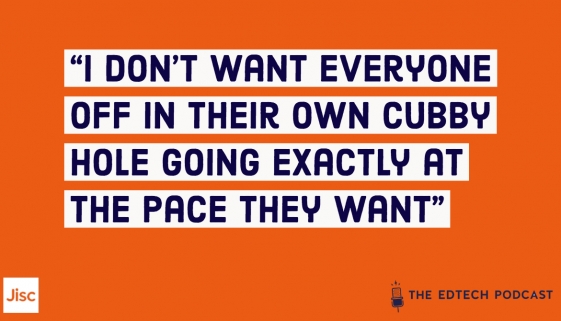
Read the full transcribe of episode 146 all about online learning, including the importance of place, peer to peer, and non-“optimal” learning trajectories which work in the long term
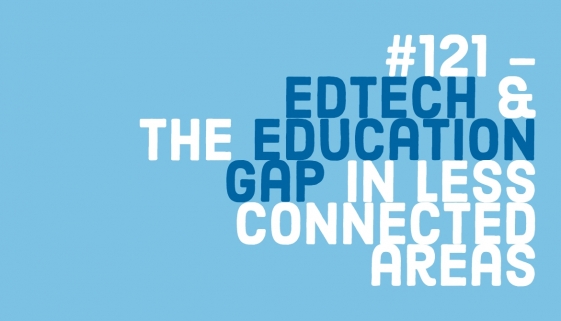
This final episode of The Pearson series on future tech for education reflects on edtech internationally. What does a review of 130 reports on edtech internationally tell us about best practice and evidence based learning in emergencies and displaced settings? What are the common misconceptions about connectivity as a barrier to edtech, and when are these well-founded? How can technology help scale access to teaching and learning and how do we ensure learners still benefit from mentors and face to face teaching. And when it comes down to it, what comes first on a phone – a learning game or a photo of your loved ones? All this and more in today’s episode.
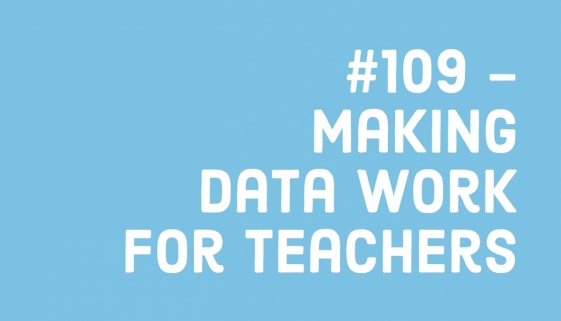
Dr. Kristen DiCerbo, Vice-President of Education Research at Pearson, Ross Morrison McGill, AKA TeacherToolkit, Former Deputy Headteacher and Teacher, Samantha Ahern, Learning Technology Project Officer, Information Services Division, UCL and Former Teacher and Jeff Dieffenbach, Associate Director of the MIT Integrated Learning Initiative on how to make data useful for teachers.
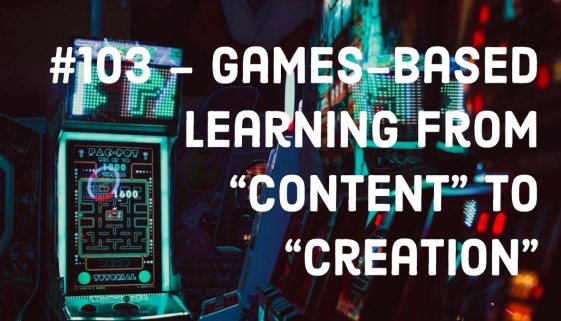
What initiatives are supporting teachers and students to co-create games together? Hear from educators, gaming companies, and researchers on the evolution of games-based learning from “content” to “creation”.
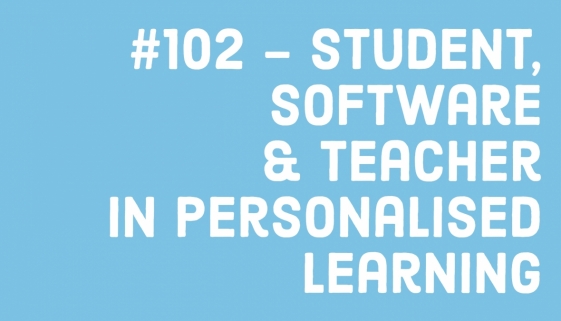
What is personalized learning? What is it not? Is there an evidence base yet for personalised learning and what does the research evidence show us about the contexts where personalized learning works best? What is the role of student, software and teacher in a personalised learning context? What questions should we be asking?
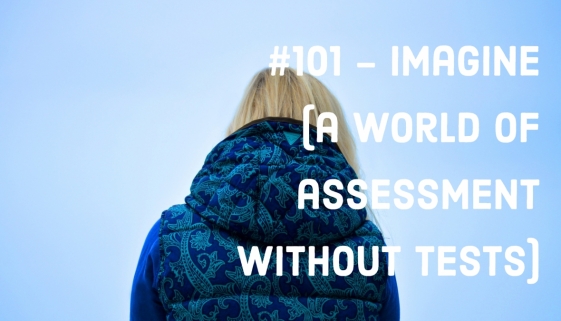
How do we get beyond the tick-box or bubble filling exercise of exams and tests, whilst also measuring ‘progress’? We delve into ideas around ‘invisible assessment’ and question who benefits from‘traditional’ and re-imagined forms of assessment, including games-based assessment. Can ‘tests’ be fun and should they be? How do we measure collaboration?
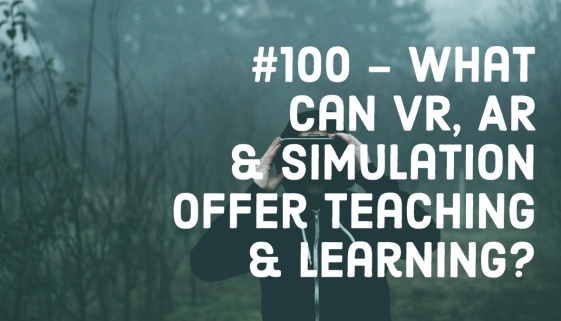
We dip into the world of VR and mixed reality to uncover what high-cost, high-risk learning opportunities are being made more accessible to all by this technology. How are academics measuring the learning outcomes of VR and simulation and what are the quantifiable cost savings and impacts for various learning and training environments? When is VR right for education, and when is it superfluous? We also end our first five episodes with practical suggestions for educators: mindful skepticism, resist fear, understand that you can start small and grow, and avoid technology for technology’s sake. This last one is harder than it sounds – many new technologies wow us but do not have useful application to education.
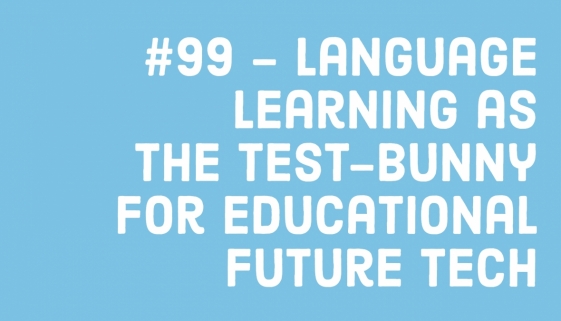
This week we are looking at language learning and tech. How we learn languages is changing. Apps, MOOCs, Chatbots and online tutoring services have all worked to reduce the time and investment needed to pick up and master a language. At the more extreme end some advanced technologies have even brought into question whether learning a language in the traditional sense will be needed in the future. And, should it be humans or machines testing second language acquisition? Find out in episode 99!
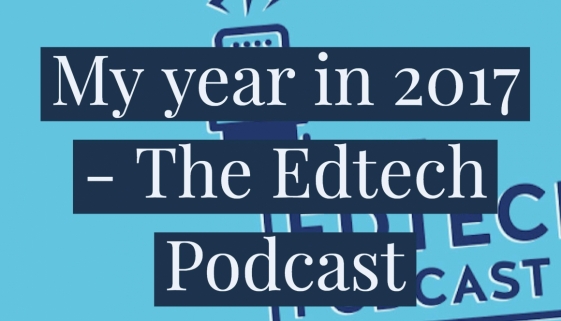
I’ve always enjoyed the reflective part of the day and year: The “5pm slot” and the Autumn season. And I predict this means I will enjoy my 60s/70s as well, if I get that far! With this spirit of reflection it’s time for me to look back over 2017 with The Edtech Podcast, inspired by a similar post this time last year. This article then sets out some 2018 goals and ways I’d love for you to get involved!
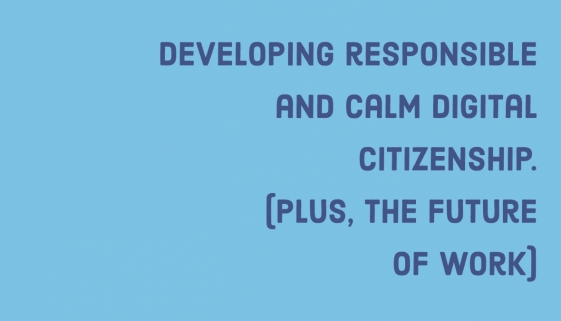
In this episode we look at how to maintain responsible and calm digital citizenship at a time of screaming headlines, whilst also looking at the necessary ethical and philosophical questions which come with advanced technology. We also review what the future of work might look like, following research conducted by Pearson and Nesta on the future of skills and employment in 2030.